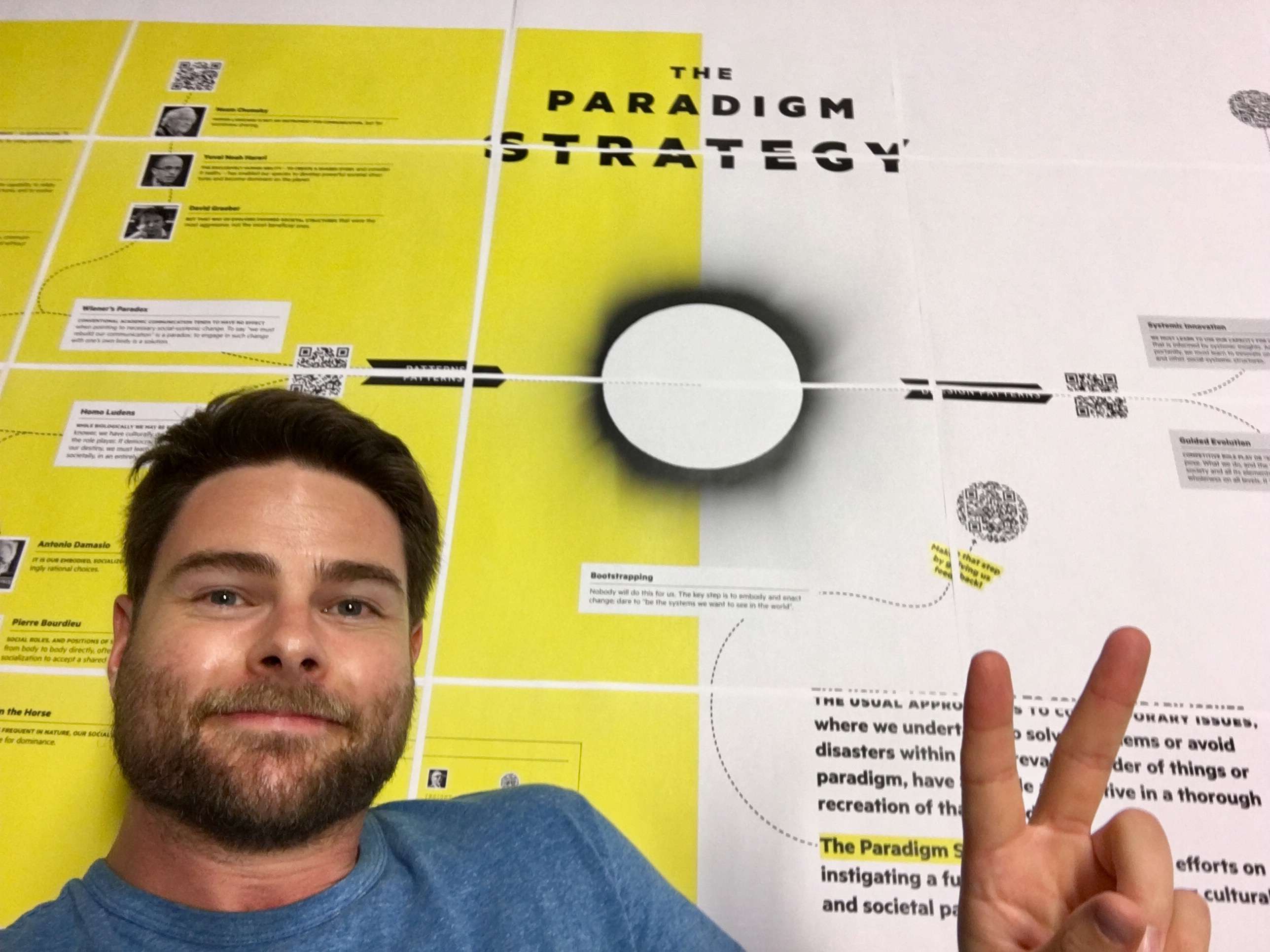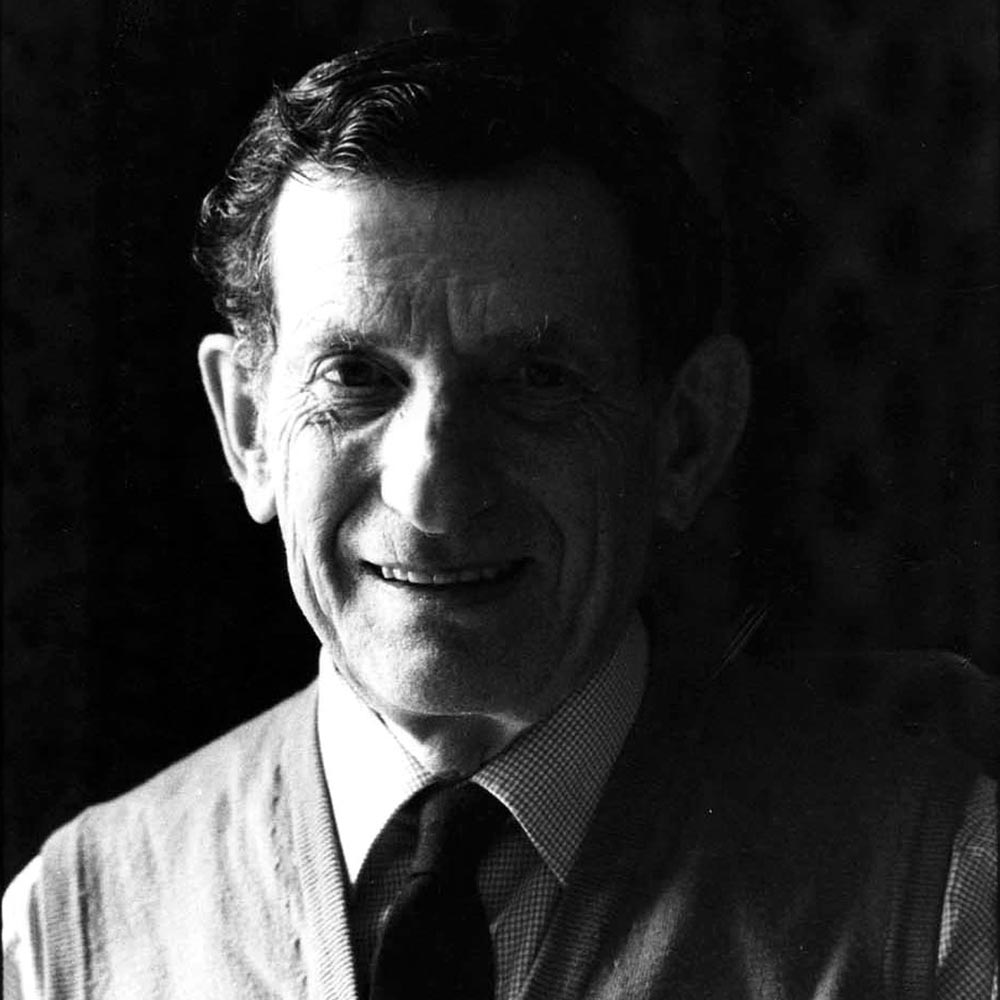Difference between revisions of "CONVERSATIONS"
m |
m |
||
| Line 71: | Line 71: | ||
<p></p> | <p></p> | ||
<p>How can we combine together the core insights of [[giants|<em>giants</em>]] in in the humanities – and use them to illuminate our way into the future?</p> | <p>How can we combine together the core insights of [[giants|<em>giants</em>]] in in the humanities – and use them to illuminate our way into the future?</p> | ||
| + | |||
| + | |||
| + | |||
| + | |||
| + | <!-- XXXXX | ||
| + | |||
<p>We created an interactive multimedia document that combines a variety of techniques including [[vignettes|<em>vignettes</em>]], [[threads|<em>threads</em>]], [[patterns|<em>patterns</em>]], [[gestalt|<em>gestalt</em>]] and [[prototypes|<em>prototypes</em>]] – as a way to organize and orient a situated intervention and a physical and an online dialog. </p> | <p>We created an interactive multimedia document that combines a variety of techniques including [[vignettes|<em>vignettes</em>]], [[threads|<em>threads</em>]], [[patterns|<em>patterns</em>]], [[gestalt|<em>gestalt</em>]] and [[prototypes|<em>prototypes</em>]] – as a way to organize and orient a situated intervention and a physical and an online dialog. </p> | ||
<p>It will be best if you open and look at [http://knowledgefederation.net/Misc/ThePSposter.pdf The Paradigm Strategy poster] as we speak.</p> | <p>It will be best if you open and look at [http://knowledgefederation.net/Misc/ThePSposter.pdf The Paradigm Strategy poster] as we speak.</p> | ||
| Line 99: | Line 105: | ||
<p>Odin the Horse is a brief real-life story about the territorial behavior of Icelandic horses. But it's also a bit of a private joke, whose explanation we shall see a bit later. The point made (we are rushing ahead – but we can develop these points later, in a conversation) is that we could be engaging in (...) | <p>Odin the Horse is a brief real-life story about the territorial behavior of Icelandic horses. But it's also a bit of a private joke, whose explanation we shall see a bit later. The point made (we are rushing ahead – but we can develop these points later, in a conversation) is that we could be engaging in (...) | ||
| − | + | ||
| + | XXXXX | ||
</p> | </p> | ||
Revision as of 14:29, 2 November 2018
Contents
Federation through Conversations
The paradigm strategy
Large change made easy
Donella Meadows talked about systemic leverage points as those places within a complex system "where a small shift in one thing can produce big changes in everything". She identified "the mindset or paradigm out of which the goals, rules, feedback structure arise" as the most impactful kind of systemic leverage points. She identified specifically working with the "power to transcend paradigms" – i.e. with the very fundamental assumptions and ways of being out of which paradigms emerge – as the most impactful way to intervene into systems.
We are proposing to approach and handle our contemporary condition in this most powerful way.
If you've really taken the time to digest what's been said in Federation through Images and Federation through Stories, then you'll have no difficulty understanding why we've remained stuck in a paradigm – even when both our knowledge and our situation is calling for such change: It is no longer possible to make a convincing argument that a some given worldview – any worldview – represents the reality as it truly is!
Evolving beyond the paradigms
Have you noticed how different cultures have tenaciously held on to their worldviews or paradigms as the only right ones? Even to the extent of waging wars on people who upheld a different variant of the same religion – in which killing was forbidden by divine command!
It has now – by virtue of what we've just said above – become possible to do something incomparably more germane to creative changes of our condition, and to enhancing our evolution. And that is to transcend paradigms (as they have been traditionally) altogether; to liberate ourselves from any fixed way of conceiving of reality – and to enable new forms of awareness to emerge responsibly yet freely.
It is to ignite this way of evolving that is the core purpose of our conversations.
These conversations are dialogs
Changing the world by changing the way we communicate
There is a way of listening and speaking that fits our purpose quite snuggly. Physicist David Bohm called it the dialogue, and we'll build further on his ideas and the ideas of others, and weave them into the meaning of another one of our keywords, the dialog.
Bohm considered the dialogue to be necessary for resolving our contemporary entanglement. Here is how he described it.
I give a meaning to the word 'dialogue' that is somewhat different from what is commonly used. The derivations of words often help to suggest a deeper meaning. 'Dialogue' comes from the Greek word dialogos. Logos means 'the word' or in our case we would think of the 'meaning of the word'. And dia means 'through' - it doesn't mean two. A dialogue can be among any number of people, not just two. Even one person can have a sense of dialogue within himself, if the spirit of the dialogue is present. The picture of image that this derivation suggests is of a stream of meaning flowing among and through us and between us. This will make possible a flow of meaning in the whole group, out of which will emerge some new understanding. It's something new, which may not have been in the starting point at all. It's something creative. And this shared meaning is the 'glue' or 'cement' that holds people and societies together.
Contrast this with the word 'discussion', which has the same root as 'percussion' an 'concussion'. It really means to break things up. It emphasises the idea of analysis, where there may be many points of view. Discussion is almost like a Ping-Pong game, where people are batting the ideas back and forth and the object of the game is to win or to get points for yourself. Possibly you will take up somebody else's ideas to back up your own - you may agree with some and disagree with others- but the basic point is to win the game. That's very frequently the case in a discussion.
In a dialogue, however, nobody is trying to win. Everybody wins if anybody wins. There is a different sort of spirit to it. In a dialogue, there is no attempt to gain points, or to make your particular view prevail. Rather, whenever any mistake is discovered on the part of anybody, everybody gains. It's a situation called win-win, in which we are not playing a game against each other but with each other. In a dialogue, everybody wins.
We are not just talking
Don't be deceived by this word, "conversations". These conversations are where the real action begins.
By developing these dialogs, we want to develop a way for us to bring the themes that matter into the focus of the public eye. We also want to bring in the giants and their insights, to help us energize and illuminate those themes. And then we also want to engage us all to collaborate on co-creating a shared understanding that reflects the best of our joint knowledge and insight.
And above all – we want to create a way of conversing that works; which makes us "collectively intelligent". We want to evolve in practice, with the help of new media and real-life, artistic situation design, a public sphere where the events and the sensations will be the ones that truly matter – i.e. the ones that are the steps in our advancement toward a new cultural and social order.
In a truest sense, the medium here really is the message!
Conversations that matter
Imagine now, if you have not done that already, that you are facing this task – of choosing just a handful of themes that matter; the ones that will be most suitable for us to initiate this process. What themes would you choose? We have tentatively chosen three themes, to begin with. In what follows we'll say a few words about each of them.
The Paradigm Strategy dialog
How to respond to contemporary condition
The theme we chose for The Paradigm Strategy dialog appeared to us as perhaps the most natural one, which had to be represented in this showcase of knowledge work that illuminates the way: How to respond to contemporary issues.
We wrote the following in the abstract where this idea was initially shared
The motivation is to allow for the kind of difference that is suggested by the comparison of everyone carrying buckets of water from their own basements, with everyone teaming up and building a dam to regulate the flow of the river that is causing the flooding. We offer what we are calling The Paradigm Strategy as a way to make a similar difference in impact, with respect to the common efforts focusing on specific problems or issues. The Paradigm Strategy is to focus our efforts on instigating a sweeping and fundamental cultural and social paradigm change – instead of trying to solve problems, or discuss, understand and resolve issues.
A roadmap for guided evolution of society
At the same time this dialog introduces a roadmap for guided evolution of society – and it develops further by engaging and weaving together our collective knowledge and ingenuity. Can we perceive our own time, our own blind spots and evolutionary entanglements, in a similar way as we now see the dark side of the Middle Ages?
This too is a natural theme – because what could be a better way to showcase the new approach to knowledge, than by providing what's been lacking – as Neil Postman insightfully observed:
The problem now is not to get information to people, but how to get some meaning of what's happening.(...) Even the great story of inductive science has lost a good deal of its meaning, because it does not address several questions that all great narratives must address: Where we come from; what's going to happen to us; where we are going, that is; and what we're supposed to do when we are here. Science couldn't answer that; and technology doesn't.
The Paradigm Strategy poster

How can we combine together the core insights of giants in in the humanities – and use them to illuminate our way into the future?


